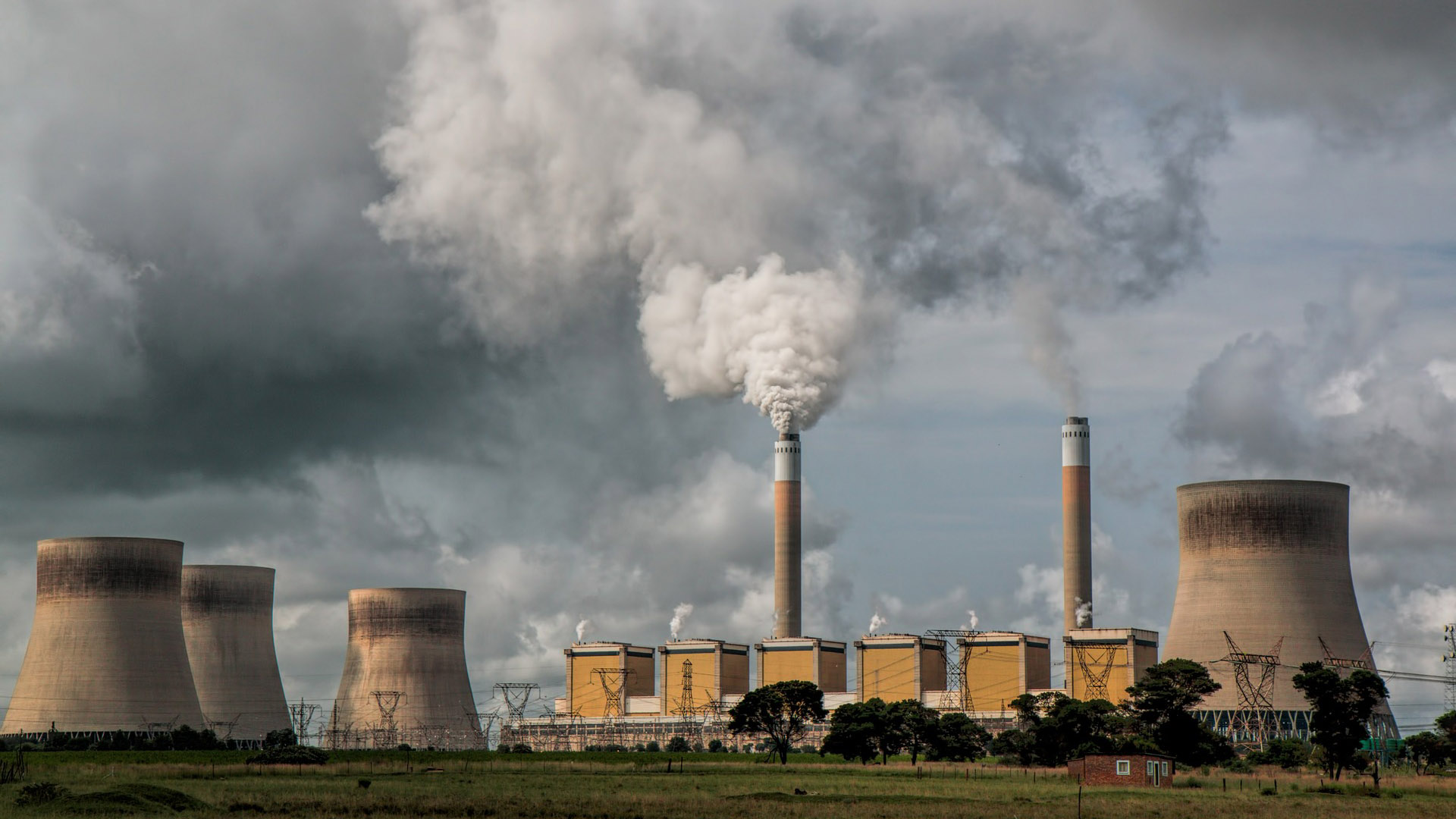Industrial Toxic Pollution / Coal-fired Power Plant
The release of toxic chemicals including mercury from those coal-fired power plants will enter into the air, and land into the water and soil.
Moreover, those pollutants landing on the surface of water or soil is stored in wet form and can contaminate ground including agricultural and farming lands and water sources including rivers, lakes, drinking water supply including sediment with leaking toxins, including mercury, arsenic, and other heavy metals which are well-known to damage the neurological and gastrointestinal systems, kidneys, other organs and can cause birth defects.

Eventually, the mercury will enter the human body via the air we breathe, mercury-contaminated water we drink, and mercury-contaminated food we eat.
Furthermore, the mercury will accumulate in the body. Multiple mercury exposures can cause a variety of harmful health effects in our bodies.
Therefore, more or less, mercury contamination in the air becomes one of the serious issues due to possibilities of harmful health effects not only from breathing in but also consumption of contaminated food and living in the polluted environment.
References
[1] Toxic Air – The Case for Cleaning Up Coal-fired Power Plants. Retrieved from https://www.lung.org/getmedia/c3b2b744-7c7e-4941-b0cd-5a5e468515d1/toxic-air-report.pdf.pdf
[2] Despite Studies, Health Effects of Coal-Burning Power Plants Remain Unknown.
Retrieved from https://surgery.duke.edu/news/despite-studies-health-effects-coal-burning-power-plants-remain-unknown
